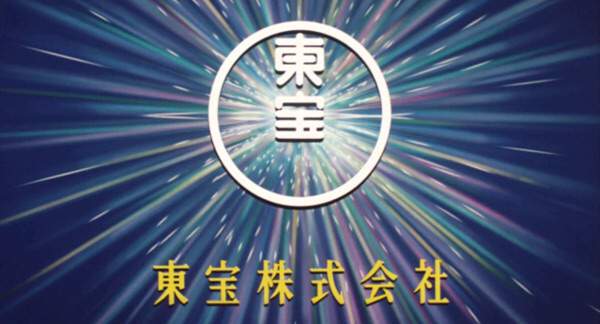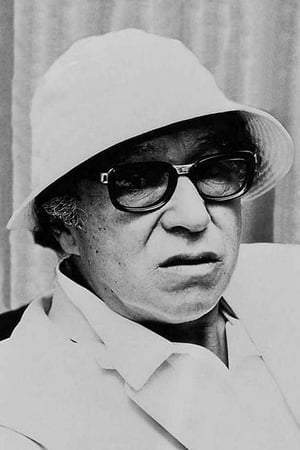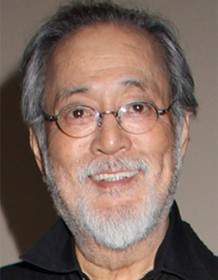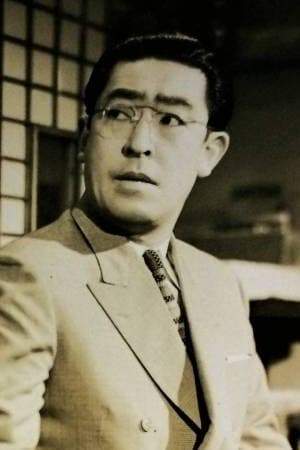Samurai Rebellion 1967
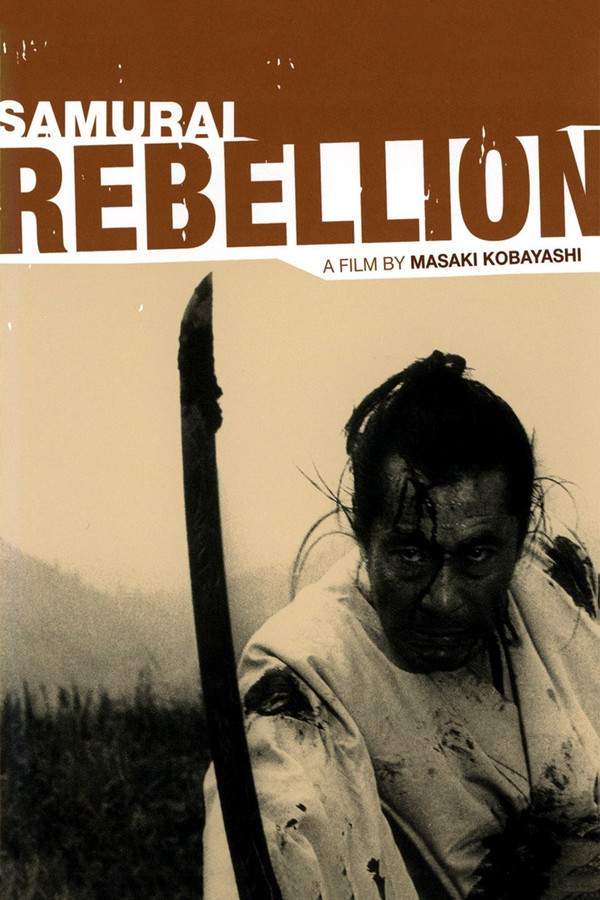
During feudal Japan, Isaburo Sasahara faces a profound conflict between his personal beliefs and his obligations to his clan. When his son, Ichi, falls in love with a woman named Yumi, the ruthless lord demands they be separated. Determined to protect their forbidden love, Sasahara challenges tradition and risks everything, leading to a clash that tests his honor and the loyalties of those around him. His courageous stance could either preserve their love or result in devastating consequences for his family and clan.
Does Samurai Rebellion have end credit scenes?
No!
Samurai Rebellion does not have end credit scenes. You can leave when the credits roll.
Meet the Full Cast and Actors of Samurai Rebellion
Explore the complete cast of Samurai Rebellion, including both lead and supporting actors. Learn who plays each character, discover their past roles and achievements, and find out what makes this ensemble cast stand out in the world of film and television.
External Links and Streaming Options
Discover where to watch Samurai Rebellion online, including streaming platforms, rental options, and official sources. Compare reviews, ratings, and in-depth movie information across sites like TMDb, Wikipedia, Rotten Tomatoes or Metacritic.
Ratings and Reviews for Samurai Rebellion
See how Samurai Rebellion is rated across major platforms like IMDb, Metacritic, and TMDb. Compare audience scores and critic reviews to understand where Samurai Rebellion stands among top-rated movies in its genre.

90
Metascore
7.9
User Score


%
TOMATOMETER

0%
User Score

82
%
User Score
Take the Ultimate Samurai Rebellion Movie Quiz
Challenge your knowledge of Samurai Rebellion with this fun and interactive movie quiz. Test yourself on key plot points, iconic characters, hidden details, and memorable moments to see how well you really know the film.
Samurai Rebellion Quiz: Test your knowledge about the intricate plot and characters of 'Samurai Rebellion' (1967).
Who is the main character and esteemed swordsman in 'Samurai Rebellion'?
Isaburo Sasahara
Tatewaki Asano
Masakata Matsudaira
Yogoro
Show hint
Full Plot Summary and Ending Explained for Samurai Rebellion
Read the complete plot summary of Samurai Rebellion, including all major events, twists, and the full ending explained in detail. Explore key characters, themes, hidden meanings, and everything you need to understand the story from beginning to end.
In 1725, set during the Edo period of Japan, we follow Isaburo Sasahara, played by Toshirô Mifune, a loyal vassal to the daimyo of the Aizu clan, Masakata Matsudaira. Renowned for his unparalleled skills in swordsmanship, Isaburo finds himself in a complicated friendship with his rival, Tatewaki Asano, portrayed by Tatsuya Nakadai. Isaburo’s home life is far from blissful; he is trapped in a loveless marriage to a domineering woman.
The plot thickens when one of the daimyo’s advisors forces Isaburo’s elder son Yogoro, played by G, to wed the daimyo’s former concubine, Ichi, depicted by Yôko Tsukasa. Despite her contentious status as the mother of one of the daimyo’s sons, the family is left no choice but to comply, leading to an unexpected romance between Ichi and Yogoro. The couple marries and soon welcomes a daughter named Tomi.
Tragedy strikes when the daimyo’s legitimate heir passes away, prompting an order for Ichi to return to the daimyo’s household to care for the orphaned heir. Although the family initially resists, Ichi’s return is enforced by Isaburo’s younger son, who fears for the family’s safety. In a powerful moment of defiance, Isaburo vows to comply only if the heads of the daimyo and his two key advisors are delivered to him first. He then sends his wife and younger son away, dismissing his household servants.
In a tense standoff, the daimyo’s steward, flanked by twenty samurai, arrives at the Sasahara home demanding that Ichi renounce her marriage and return to the daimyo. Instead of succumbing to pressure, Ichi chooses to end her life by throwing herself onto a spear. Heartbroken, Yogoro rushes to her side, only to be struck down in a tragic embrace. Enraged by this brutal act, Isaburo goes on a rampage, exacting revenge on the entire party of samurai, ultimately leaving the steward for last as he attempts to flee.
After burying his beloved son and Ichi, Isaburo sets his sights on seeking justice from the shogun in Edo, accompanied by little Tomi. A gripping confrontation looms as Tatewaki stands guard at the gate, barring Isaburo from passing. What follows is an intense duel between old friends, resulting in Isaburo’s victory. However, fate twists cruelly as hidden assassins ambush him, cutting him down with musket fire. As Isaburo succumbs to his wounds, his loyal wet nurse comforts the infant Tomi, leaving a haunting echo of sorrow and loss in the wake of a tragic tale of loyalty and betrayal.
Uncover the Details: Timeline, Characters, Themes, and Beyond!

Coming soon on iOS and Android
The Plot Explained Mobile App
From blockbusters to hidden gems — dive into movie stories anytime, anywhere. Save your favorites, discover plots faster, and never miss a twist again.
Sign up to be the first to know when we launch. Your email stays private — always.
Watch Trailers, Clips & Behind-the-Scenes for Samurai Rebellion
Watch official trailers, exclusive clips, cast interviews, and behind-the-scenes footage from Samurai Rebellion. Dive deeper into the making of the film, its standout moments, and key production insights.
Samurai Rebellion Other Names and Titles
Explore the various alternative titles, translations, and other names used for Samurai Rebellion across different regions and languages. Understand how the film is marketed and recognized worldwide.
Quick Links: Summary, Cast, Ratings, More

What's After the Movie?
Not sure whether to stay after the credits? Find out!
Explore Our Movie Platform
New Movie Releases (2025)
Famous Movie Actors
Top Film Production Studios
Movie Plot Summaries & Endings
Major Movie Awards & Winners
Best Concert Films & Music Documentaries
Movie Collections and Curated Lists
© 2025 What's After the Movie. All rights reserved.


